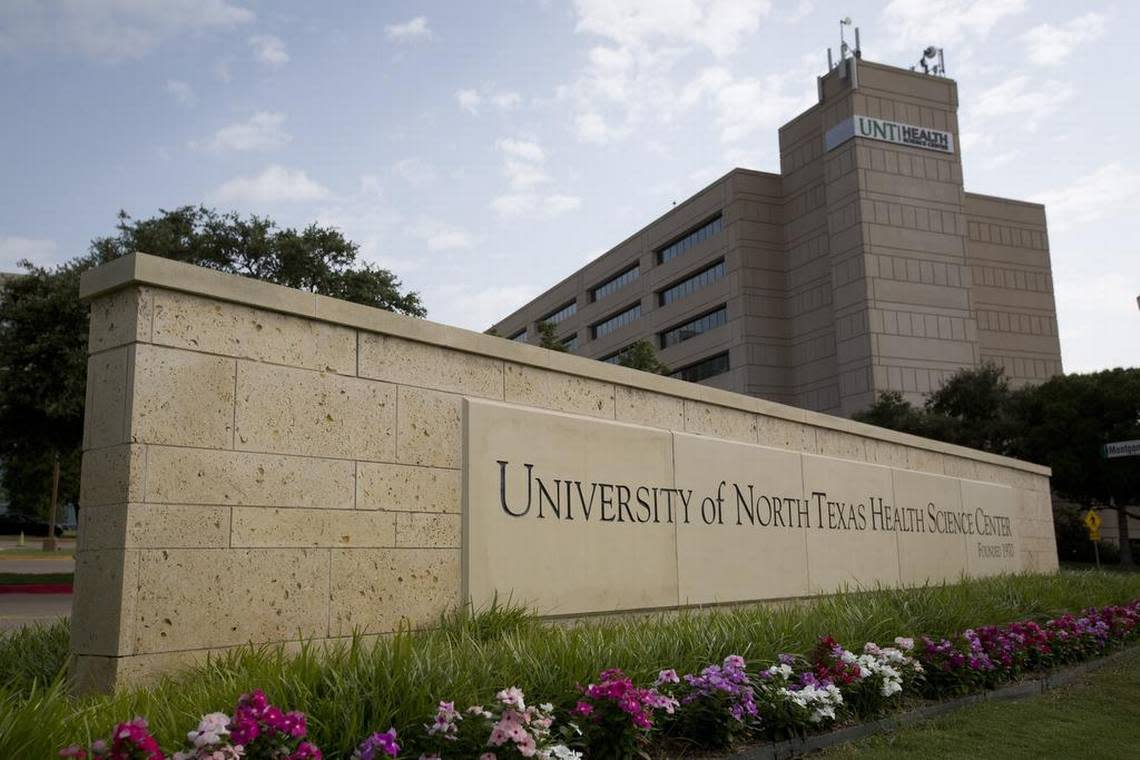UNTHSC tripped badly on COVID vaccine contract, and Tarrant community paid the price
In business, it’s always best to under-promise and over-deliver.
The UNT Health Science Center somehow got it backward at one of the most crucial times, when Tarrant County residents needed efficient and effective delivery of COVID-19 vaccines.
A Star-Telegram investigation reveals how disappointing the center’s performance was in distributing shots under an expensive county contract. The piece shows that the deal was a waste of money, thanks to misplaced priorities and excessive attention paid to petty details about communication and public credit.
UNTHSC got $7.2M for Tarrant COVID vaccination work. It gave just 9% of its planned shots
The deal, meant to be the county’s primary program to get shots to the hardest-to-reach residents, resulted in 23,000 shots administered for an eventual cost of $7.2 million. The goal was 265,000 shots. Even for government, that’s pathetic.
The findings are important because we must address the many failures of the pandemic before the next emergency arises. Lapses in public health, education and economic policy in the face of a global crisis are understandable. But all institutions must examine themselves rigorously and prepare to do better when the next challenge inevitably arrives.
When Tarrant County signed up the Health Science Center to lead the way on vaccinations, center officials painted a vivid picture of a mass mobilization. Envision fresh-faced medical students striding into underserved neighborhoods to not just save lives from COVID, but to deal a blow to the legacy of health discrimination.
What taxpayers got instead was largely a pass-through contract, with the Health Science Center hiring a private-sector firm to do the actual work. The county itself could have done that.
After all, as governments struggled with the logistical challenges of vaccinations — setting priorities, reaching populations that struggled with healthcare access — the joke was that Amazon or Chick-fil-A would be ideal to handle the process.

The most infuriating detail of reporter Emily Brindley’s investigation is the spectacular failure to reach those who most needed a competent response: homebound, medically vulnerable people. A subcontract with MedStar Mobile Healthcare called for up to 2,400 in-home vaccinations. In the end, MedStar officials say, fewer than 25 did.
The effort to reach poor and minority communities traditionally deprived of reliable health services fell far short of what was needed, too. And those involved should have known it was happening, thanks to repeated warnings from community leaders and officials such as County Commissioners Roy Brooks of Fort Worth and Devan Allen of Arlington.
But then, Health Science Center officials seemed to be more concerned about who they were dealing with at the county than whether the program was doing much good. Records show that leaders were obsessive about who got credit for what and fussy about which county officials they would hear from. A top official had to prod administrator David Mansdoerfer about being willing to respond to the county’s top elected official, Judge Glen Whitley.
Was this a pop diva’s contract, with a rider about who’s allowed to make eye contact backstage? Or were these public entities spending taxpayer money to deal with an urgent public health matter?
UNTHSC was also keenly focused on the marketing gains to be had. The center’s president at the time, Dr. Michael Williams, told UNT System regents that the vaccination program was “a huge opportunity, but it’s definitely a swing-for-the-fence moment, and we think it’s worth going for.”
He added: “Plus, it’s also the right thing to do for the community.”
Oh yeah, that minor detail. By the way, the image-polishing only works if you can pull off the job you’ve been tasked to do.
It’s important that lessons be learned here. County officials need to consider whether they did enough to vet and oversee the proposal. Health Science Center officials should humbly admit where they fell short and re-evaluate whether they can and should undertake such efforts again. Public officials must think now about what should happen next time. A little humility and accountability would be a good place to start.
